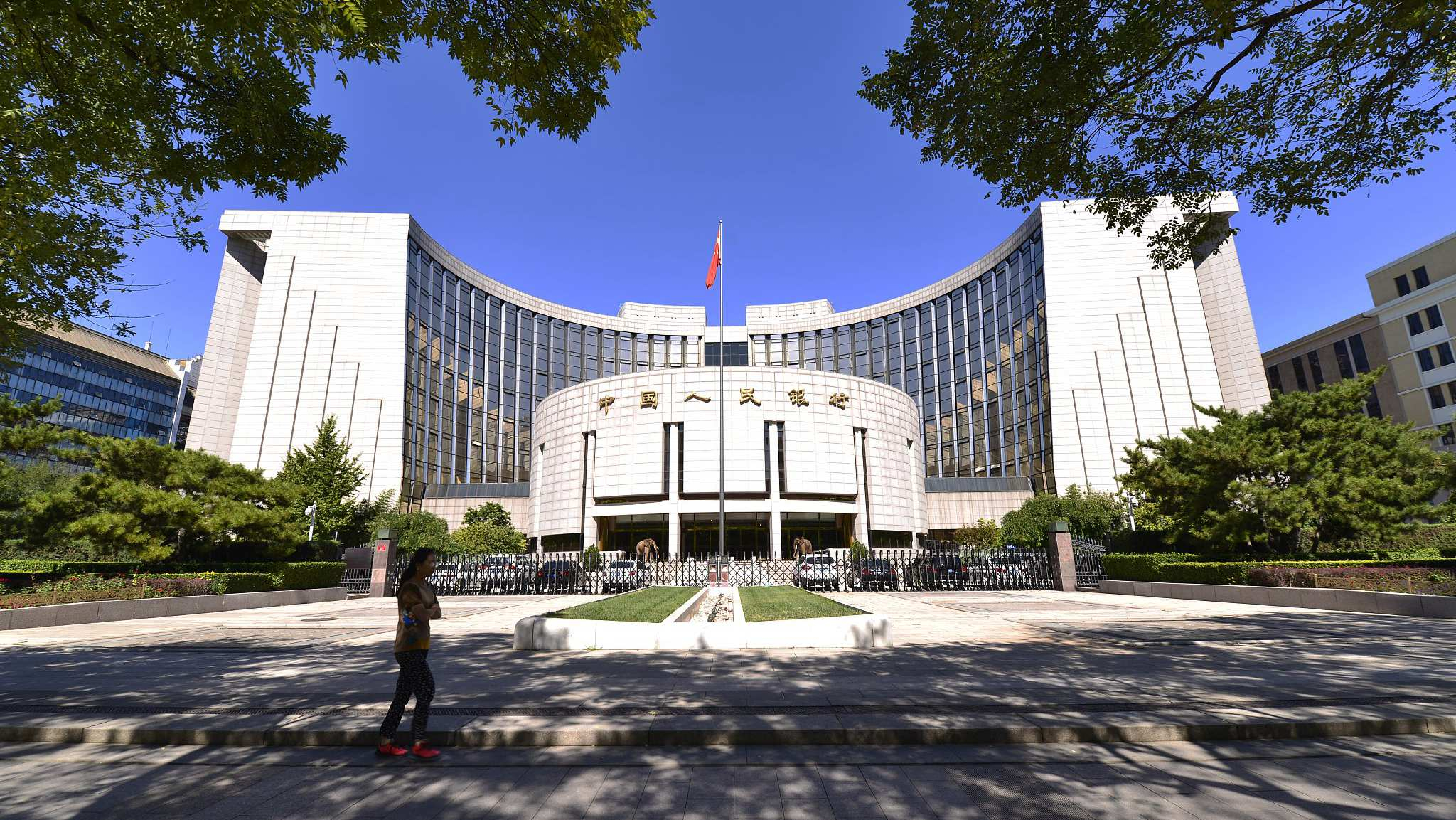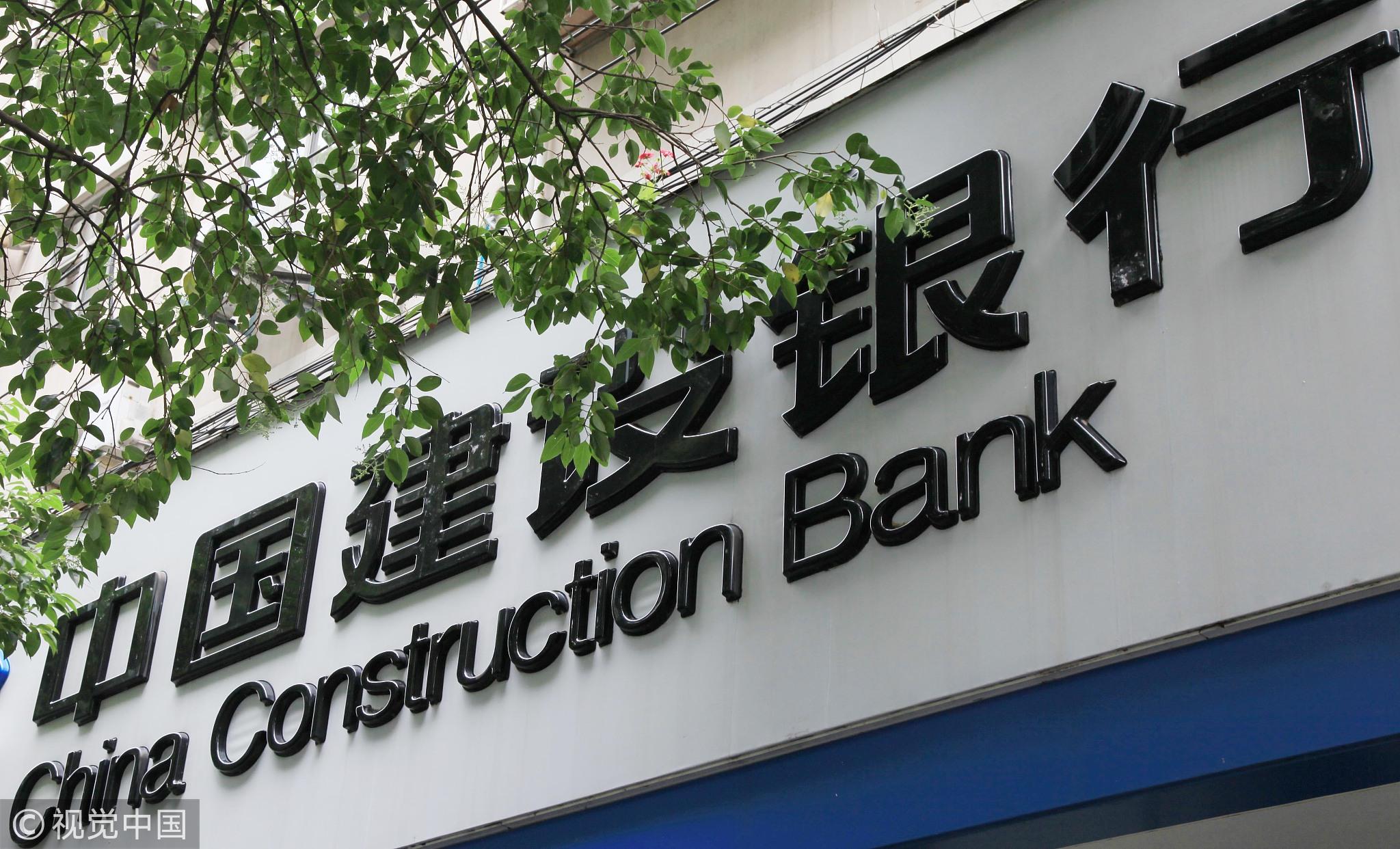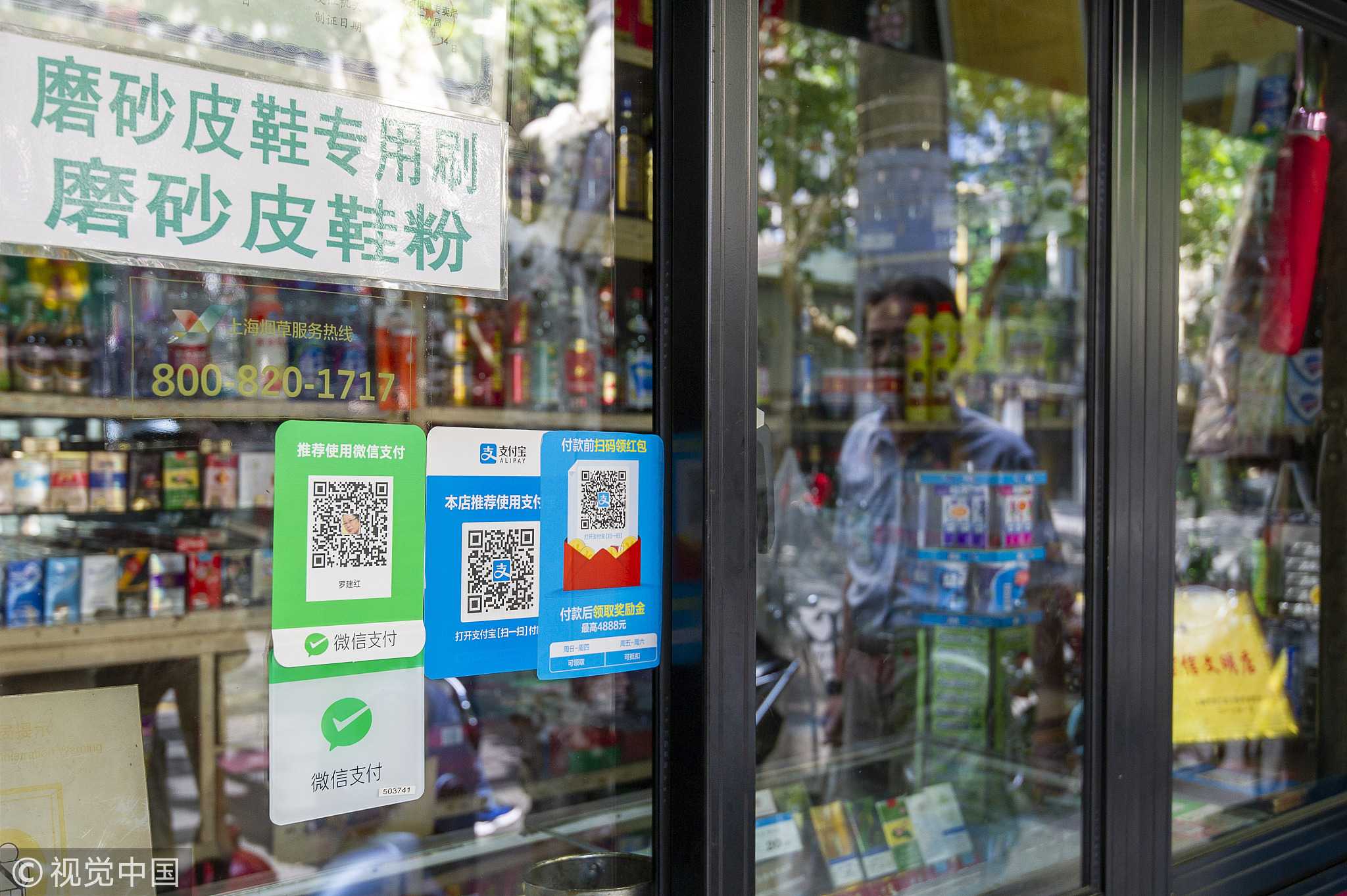
Opinions
22:36, 08-Oct-2018
Opinion: Has the trade war caused China's RRR cut, foreign reserves decline?
Updated
22:19, 11-Oct-2018
CGTN's Xu Sicong

Editor's Note: This article is based on an interview with Wang Jianhui, general manager of the R&D department at Capital Securities. The article reflects the expert's opinion, and not necessarily the views of CGTN.
China's central bank, the People's Bank of China (PBOC), announced on Sunday that it would cut the reserve requirement ratio (RRR) by one percentage point, effective on October 15.
The cut, the fourth such move this year, applies to large commercial banks, urban and rural commercial banks, joint-stock banks and foreign lenders and is intended to give further support to the real economy, improve the liquidity structure and reduce borrowing costs for businesses, according to the PBOC.
As a result, altogether 1.2 trillion yuan in liquidity will be freed, of which 750 billion yuan will be injected into the market and the remaining 450 billion yuan will be used to pay back the medium-term lending facility (MLF).
Some analysts expressed belief that the uncertainties brought about by the US-China escalating trade frictions have triggered the PBOC's decision.

A sign outside a branch of China Construction Bank in the eastern Chinese city of Nanjing on May 26, 2018. /VCG Photo
A sign outside a branch of China Construction Bank in the eastern Chinese city of Nanjing on May 26, 2018. /VCG Photo
However, General Manager of the R&D department at Capital Securities Wang Jianhui believes the central bank is taking precautionary measures to mitigate the potential negative impact coming from the China-US trade tensions, which have given rise to some concerns; but more importantly, the main purpose is to provide more liquidity for the economy.
Wang emphasized the importance of maintaining a healthy and stable domestic economy.
With the yuan depreciating, the expert explained the central bank has been making efforts to strike a balance between the economy and foreign exchange. However, the recent move indicates that the government is focusing more on the economy, as only after the economy strengthens, can issues related to foreign exchange be better taken care of.
The yuan has weakened to 6.9 against the US dollar on the offshore market recently. The rate stood at 6.1 yuan for one US dollar at the beginning of this year.
At the same time, the PBOC said on Sunday the Chinese foreign currency reserves had dropped to 3.09 trillion US dollars in September, from 3.1 trillion US dollars the month before.
Wang said the monthly drop was largely due to seasonal demand. The slump started from around August and was mainly driven by two groups of people, Chinese students going abroad to study and Chinese tourists going abroad on holiday, he noted.
He recognized the pressure caused by the trade frictions with the US and suggested China should work with other trade partners to fend off risks resulting from the trade tensions, the full impact of which has yet to be felt.

QR codes for cashless payment with Ten Pay (left) and AliPay (right) displayed on the window of a convenience store on Wulumuqi Road in Shanghai on August 9, 2018. /VCG Photo
QR codes for cashless payment with Ten Pay (left) and AliPay (right) displayed on the window of a convenience store on Wulumuqi Road in Shanghai on August 9, 2018. /VCG Photo
However, Wang refuted the notion that trade tensions between China and the US are the only factor behind the decline in foreign reserves or are affecting the yuan's value – the domestic economic status may have a bigger role.
In order to strengthen the domestic economy, Wang explained that the government has been adopting proactive policies using both monetary and fiscal policies.
Chinese Finance Minister Liu Kun said during a recent interview with Xinhua News Agency that China would adopt a more proactive fiscal policy, including potential tax cuts on a larger scale, to safeguard economic growth, with the total amount of tax cuts expected to be over 130 billion yuan.
"It (the decline in foreign reserves) was not all caused by trade tensions......It was the bad timing," he noted, implying the trade war only exacerbated the problem in a way, rather than being the only cause of it.
Wang believes that the trade war happens to be taking place at a time "when the Chinese economy is on the weaker status" and it was only normal that people choose to invest in assets they deem safer.
"The central bank will make more efforts to protect the bottom line, which is between 2.5 and 2.8 trillion US dollars in foreign reserves."
"Between 2.5 and 2.8 trillion is a safer zone and over three trillion is the 'comfort zone'," he added.
While recognizing the challenges facing the Chinese economy, Wang also expressed belief that the amount of Chinese foreign currency reserves should not cause too much worry.
(If you want to contribute and have special expertise, please contact us at opinions@cgtn.com.)

SITEMAP
Copyright © 2018 CGTN. Beijing ICP prepared NO.16065310-3
Copyright © 2018 CGTN. Beijing ICP prepared NO.16065310-3